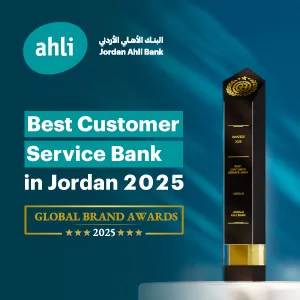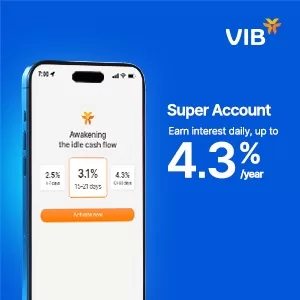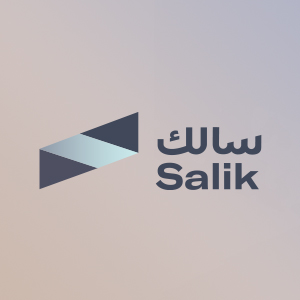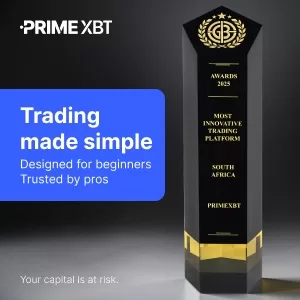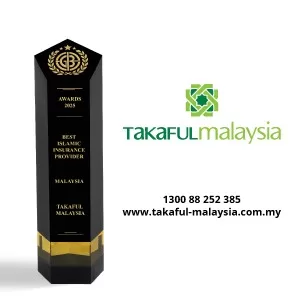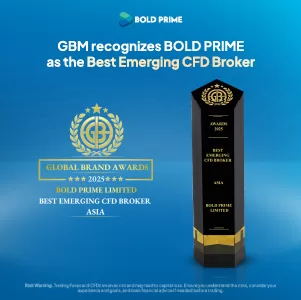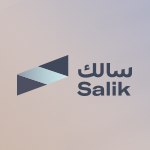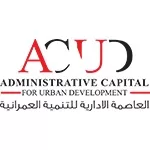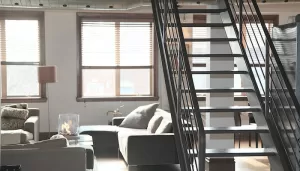Buying Off-Plan Real Estate in Dubai: A Step-by-Step Overview

Dubai’s real estate market is one of the most active globally, recording consistent growth in off-plan transactions in recent years. In 2024, off-plan sales accounted for approximately 63% of all property transactions in the emirate, up from 54% in 2023, according to Dubai Land Department data.
Dubai off-plan property refers to residential or commercial units sold directly by developers during the pre-construction or construction phase. These transactions are governed by a clear legal framework under UAE property law, which aims to protect both buyers and developers. The process is supported by the Dubai Land Department (DLD) and the Real Estate Regulatory Agency (RERA), ensuring that all projects are registered and developers meet strict compliance standards before marketing begins.
How Sales Work Under UAE Property Law
Off-plan sales in Dubai are regulated to ensure transparency and reduce risk. Developers must register the project with RERA, provide proof of land ownership, and open an escrow account for all buyer payments. Funds collected from purchasers are deposited into this account and released only as construction milestones are met, according to the approved payment schedule.
Key aspects include:
- Project registration with RERA before sales begin.
- Escrow account management, ensuring buyer funds are protected.
- Milestone-based payment releases, tied to certified construction progress.
- Mandatory disclosure of handover dates and project specifications in the Sales and Purchase Agreement (SPA).
RERA and DLD Requirements
RERA plays a central role in overseeing off-plan transactions, while the DLD ensures property registration and transfer procedures are followed.
Important requirements for developers include:
- Submitting regular construction progress reports to RERA.
- Maintaining construction insurance to cover unforeseen risks.
- Meeting handover deadlines specified in the SPA.
- Ensuring Oqood registration for buyers, which:
- Records ownership rights during construction.
- Acts as legal proof of the buyer’s interest until the title deed is issued.
Developer Practices and Buyer Expectations
In Dubai’s market, developers often offer flexible payment plans, staged according to construction progress, to attract a wide range of buyers. Typical handover timelines vary from two to five years, depending on project size and complexity. Upon completion, most developers provide a warranty period for structural elements and finishes—often ten years for structural works and one year for fixtures—giving buyers added confidence in the quality of their purchase.
Practical Insights for Foreign Buyers
One of the advantages of Dubai’s off-plan market is its accessibility to international investors. Foreign nationals can buy off-plan properties in designated freehold areas without residency requirements, and the process is relatively straightforward when following the proper steps:
- Select a reputable developer — check their RERA registration and past project delivery record.
- Review the SPA carefully — ensure timelines, payment schedules, and specifications are clearly stated.
- Complete Oqood registration — this is mandatory and protects your ownership rights.
- Plan for currency exchange and transfer costs — payments must typically be made in AED.
- Understand post-handover obligations — including service charges and maintenance fees.
For overseas buyers, working with a qualified real estate broker or legal advisor can make the process smoother, especially when coordinating remotely. These safeguards and clear steps not only simplify entry into the Dubai market but also ensure that buyers can navigate the process with confidence.








